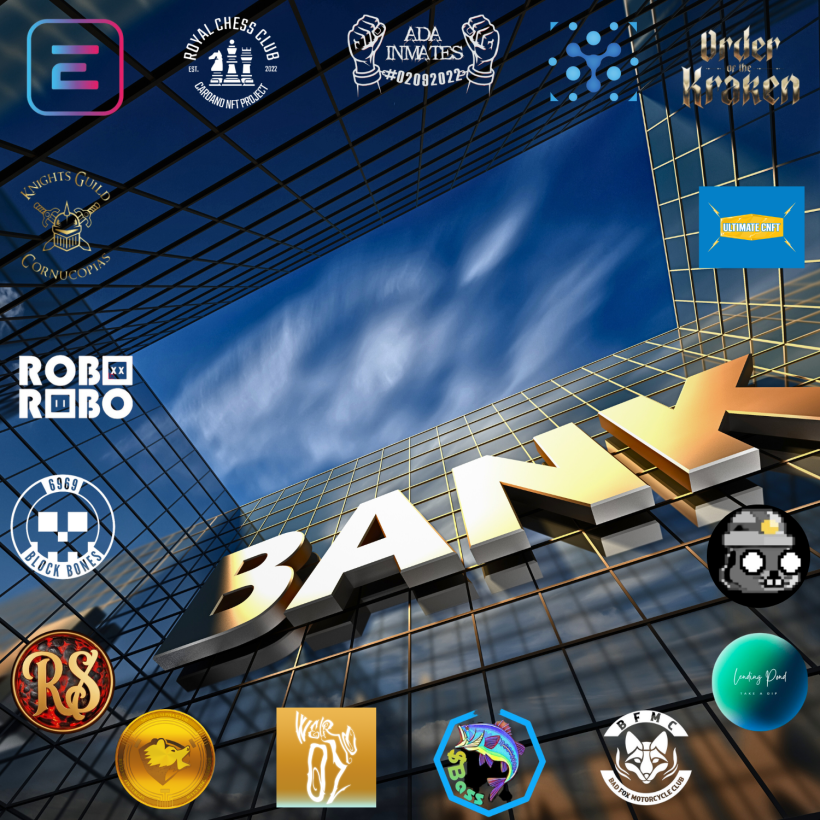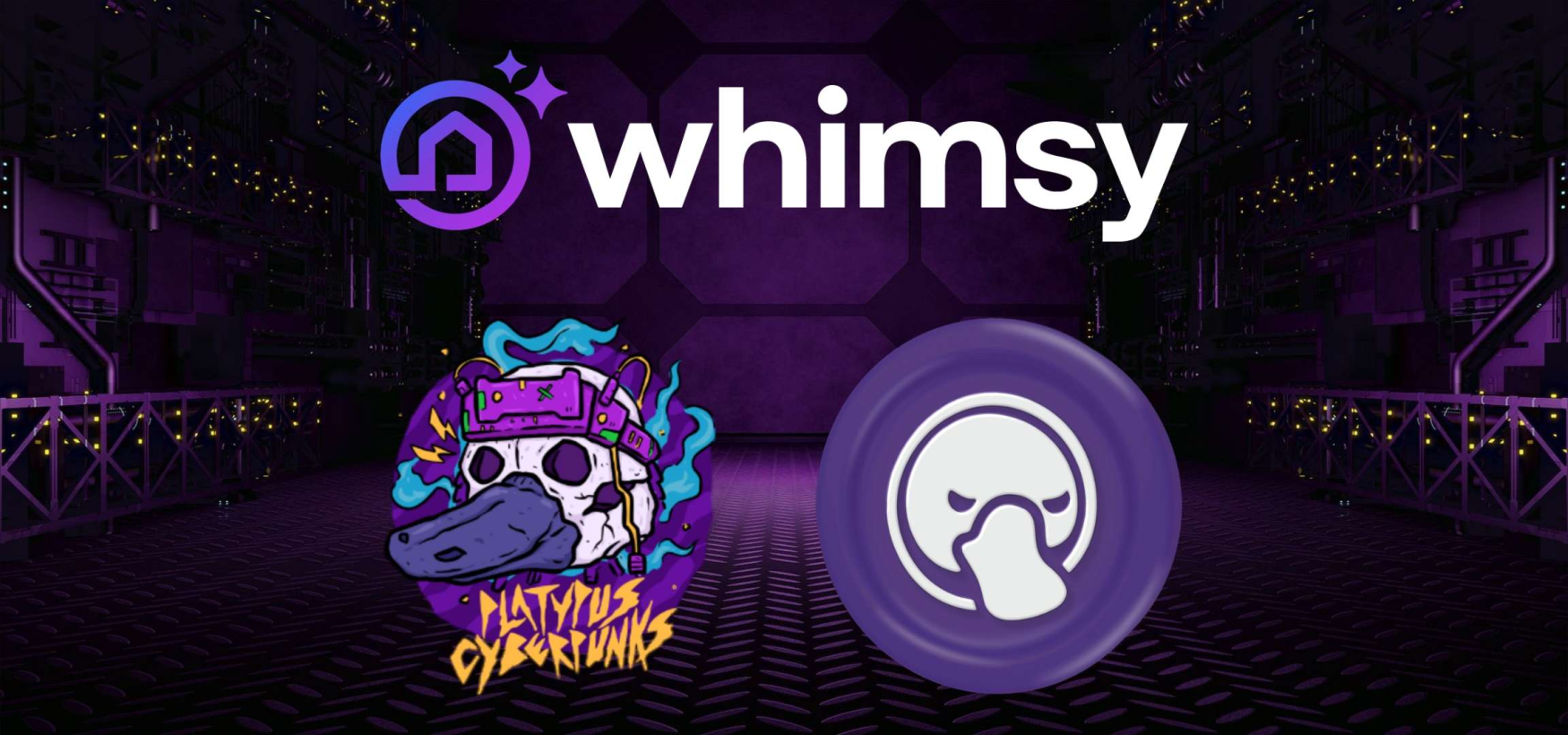Paima Engine Is Revving up for Success
Wrath of the Jungle - Tower Defense
As the recognition associated with a blossoming NFT market continues to snowball down the Cardano blockchain, strengthening its reputation and in turn the expectations of the wider crypto community, the concept of on-chain gaming is yet to witness the same level of excitement. However, when autonomous worlds do achieve zeitgeist status on the Cardano blockchain, it is likely that Paima Studios (Jungle Wars NFT Rumble) will have played a pivotal role.
Established in 2022 by Sebastien Guillemot, Nicolas Arqueros and Robert Kornacki, the company aims to bring the blockchain gaming industry into a new era. ‘Paima Engine’ is the very first Trustless Web3 Gaming engine, and enables game developers to build their own blockchain games as fully-fledged L2s (Layer 2s), making seamless cross-chain gaming a functional reality. This is showcased beautifully in their latest release, ‘Wrath of the Jungle, Tower Defense’.
An Evolution in On-Chain Game Development
The game marks an evolutionary step towards Paima Studios’ goal of becoming the industry’s go to on-chain game development platform. An addictive, high tempo experience where players must either attack an enemy’s jungle base or defend their own.
The latter is enacted by strategically placing a variety of defensive weapons around the map (of which there are many) in order to counteract their opponent’s incoming attack. Or, when playing as the attacker, an equally strategic deployment of various undead, jungle themed assailants in order to invade your opponent’s base. However, while it is easy to surrender to the entrancing gameplay that flows as if off-chain, the true beauty is in the bleeding-edge technology powering it.
Paima’s most advanced on-chain game to date demonstrates exactly what can be achieved within the blockchain gaming industry. It utilises the industry-standard game development tool, Unity at its front end, yet it’s powered entirely by a web3 infrastructure (negating the need for centralised servers). In fact, the back end for games built with Paima Engine are actually ‘Game nodes’, just like a blockchain node, meaning that you can pick up the game exactly where you left off simply by running the game node.
Tower Defense is completely free and supports cross-chain play, meaning that Cardano users are able to compete against people from other blockchains, this should prove vital in onboarding other blockchain users to Cardano. It should be noted at this point that although the game is free to play, users will need to purchase a Volcaneer, Stateful NFT should they want to keep track of their game data, such as wins and losses (more on this later).
What is Paima Engine?
To put it simply, Paima is a web3 Engine designed to address some of the most prevalent barriers to adoption regarding web3 development, these include cost, risk, user acquisition and ease of iteration. It is no secret that creating web3 games is an expensive business, often costing in excess of $100k USD to build and audit an application. If we also factor in potential NFT mint costs developers could be looking at $110k+ USD, before even getting off the ground. This poses a serious obstacle for any entrepreneur or brand considering making the leap into web3 development. However, by providing the ability to build using web2 skills, Paima manages to negate this excessive financial hurdle.
The Mitigation Of Risk
Mitigation of risk is of paramount importance when it comes to web3 development. Currently, most interactions with L2s and games are custodial, meaning users have to temporarily surrender custody of their assets. The issue here is that should the game or application get hacked or go offline during this period, users lose access to and could permanently lose their assets, 2022 alone saw $3 billion USD worth of hacks. Concerningly, the detrimental effect of this is not limited to financial loss.
Getting hacked can often have a reverberating negative effect on a company’s reputation, dissolving trust between them and their customers. Taking this into consideration, and through the implementation of its projective rollup support, Paima Engine allows users to keep full custody of their assets at all times.
Iteration is the Key to Victory
Deployed code is hard to change, there are no two ways about it. The fact that applying updates and iterations to smart-contracts will require further audits means web3 development may be too much of a headache for otherwise innovative industry figures. In many respects, iteration is virtually impossible when it comes to gaming. This is because if NFTs and other in-game equipment have already been allocated, taking them back is extremely difficult.
With this in mind, Paima Engine offers developers a work around to this problem. As stated earlier, by making it possible for them to program using classic web2 tools such as Java Script, Unity, Game Maker and Unreal Engine, instead of having to acquire proficiency in web3 languages like Solidity, iterations and updates can be managed easily and efficiently, taking days as opposed to weeks or months.
Interoperability as Standard
When it comes to choosing the right blockchain, both gamers and developers alike are often faced with a dilemma. For gamers, they either have to settle for one ecosystem and the games available within it, or hop between ecosystems, which can be expensive not to mention inconvenient. Whereas developers have to worry about missing out on a large user base, dependent on which blockchain they deploy on.
Through Paima’s revolutionary Whirlpool technology, games can be deployed across all of the top EVM (Ethereum Virtual Machine) chains, such as Polygon, BNB Chain, Milkomeda and of course, Ethereum. What this essentially means is that web2 developers now have access to web3 communities, and can launch a game onto other blockchains, including Cardano, removing developers’ concerns about their end-users being fragmented across different ecosystems.
The State of Things to Come
The revolution started in November 2022, with the launch of the Volcaneers ‘Stateful NFT’ series. NFTs 2.0 (as they are more aptly known) mark an innovation in the traditional technology, and pave the way for what Paima Studios calls ‘the value era’ of NFTs. As it currently stands, NFTs mostly derive their value from the concept of scarcity, in this sense they are in many ways no more evolved than the Pokemon cards of the late 90s and other collectables, give or take their proposed utility which differs widely and often fails to blossom.
In many respects traditional NFTs can be compared to a renaissance painting. In both cases, they look alright, (although never has it been more true that beauty is in the eye of the beholder), mark an evolution in the medium of art, and can generate huge sums of value. However, neither of them can change or improve over time, their appeal is derived largely from their individuality.
Gaming NFTs have up until now existed as static, inactive assets which provide the owner with some relative benefits, such as owning in-game skins, weapons and other rare items, but that’s about it. Stateful NFTs, developed by Paima studios and enabled via Paima Engine exist in an evolving state, meaning they can literally evolve and upgrade over the course of time. They can be represented as a character (completing quests), or as an in-game item or a piece of equipment (skin/weapon). Essentially, they provide the owner with full, on-chain ownership of all of the acquired data.
In comparison to traditional NFTs, all data associated with Stateful NFTs is stored on-chain, so if the NFT is sold on the secondary market place the new buyer receives all of the associated data. They are perfect for on-chain gaming and provide players with a more intricate relationship between themselves and their digital assets. The way this works is by associating L2 data with an L1 NFT.
A lot is being said about CIP68 lately, the Cardano standard in facilitating dynamic NFTs. However, while CIP68 is useful when you need to read data from other smart contracts, the costs involved in this are higher than with Paima, Stateful NFTs. This is primarily because with Paima, the data lives entirely on the L2. Basically, Paima provides developers with the ability to keep the amount of data necessary for compatibility with other L1 contracts at a minimum, (be it through CIP68 or ERC721). As the moment Paima Whirlpool only supports EVM based NFTs, however a Project Catalyst proposal is under way in order to bring their Stateful NFTs to Cardano.
Engineering the Future
For many of us within the Cardano blockchain space, Paima Studios has been flying silently under the radar. However, through their combined artillery of vision, determination and capability, the team is expected to push the boundaries of trustless web3 gaming to the limit. With interoperability now at the core of their development strategy, we will likely look back on Paima Studios as being one of the integral cogs in the Cardano onboarding machine.
For more information visit their Website, Twitter or Discord





